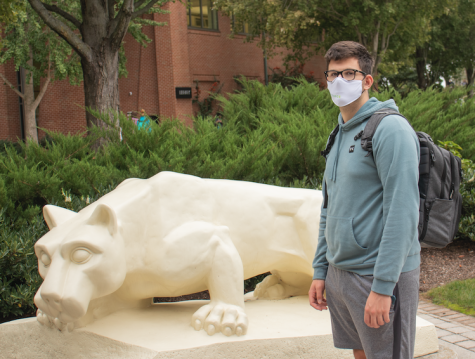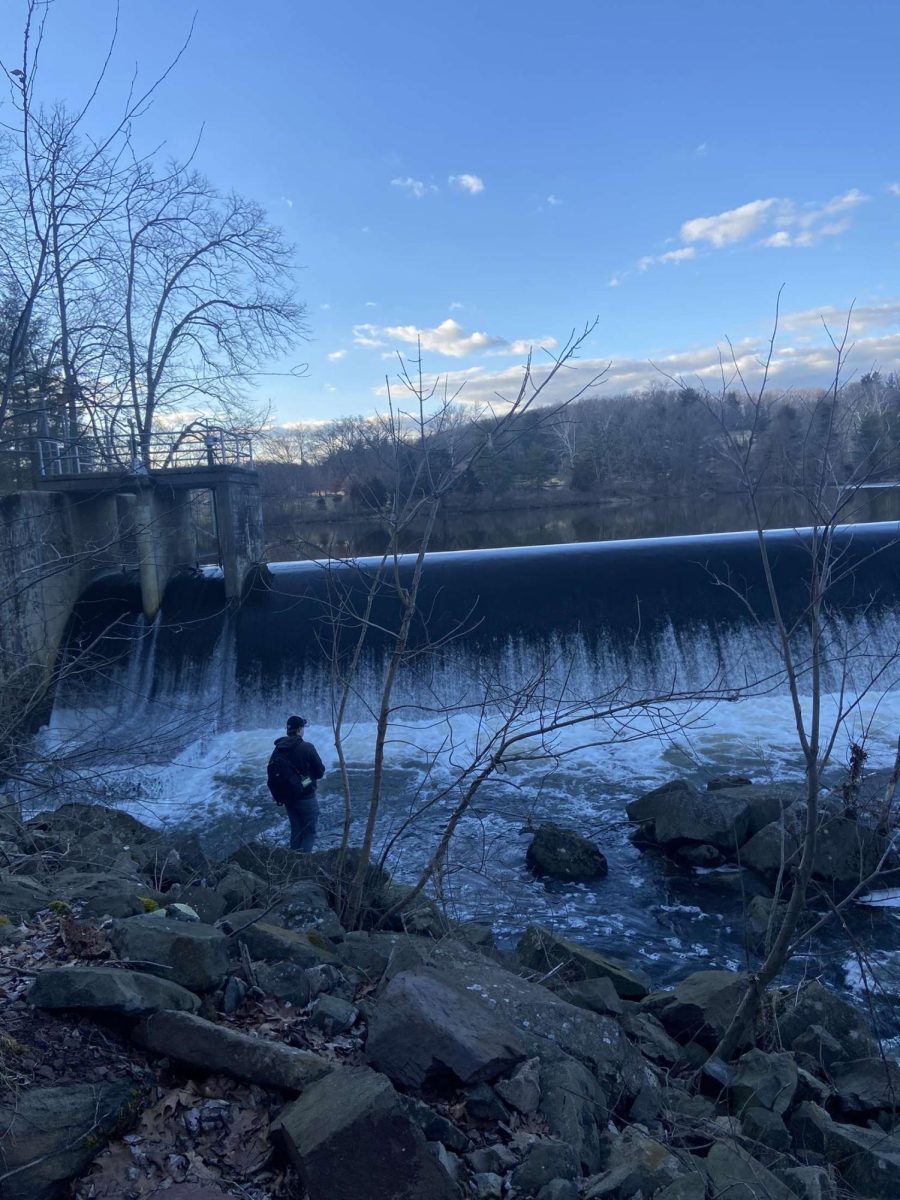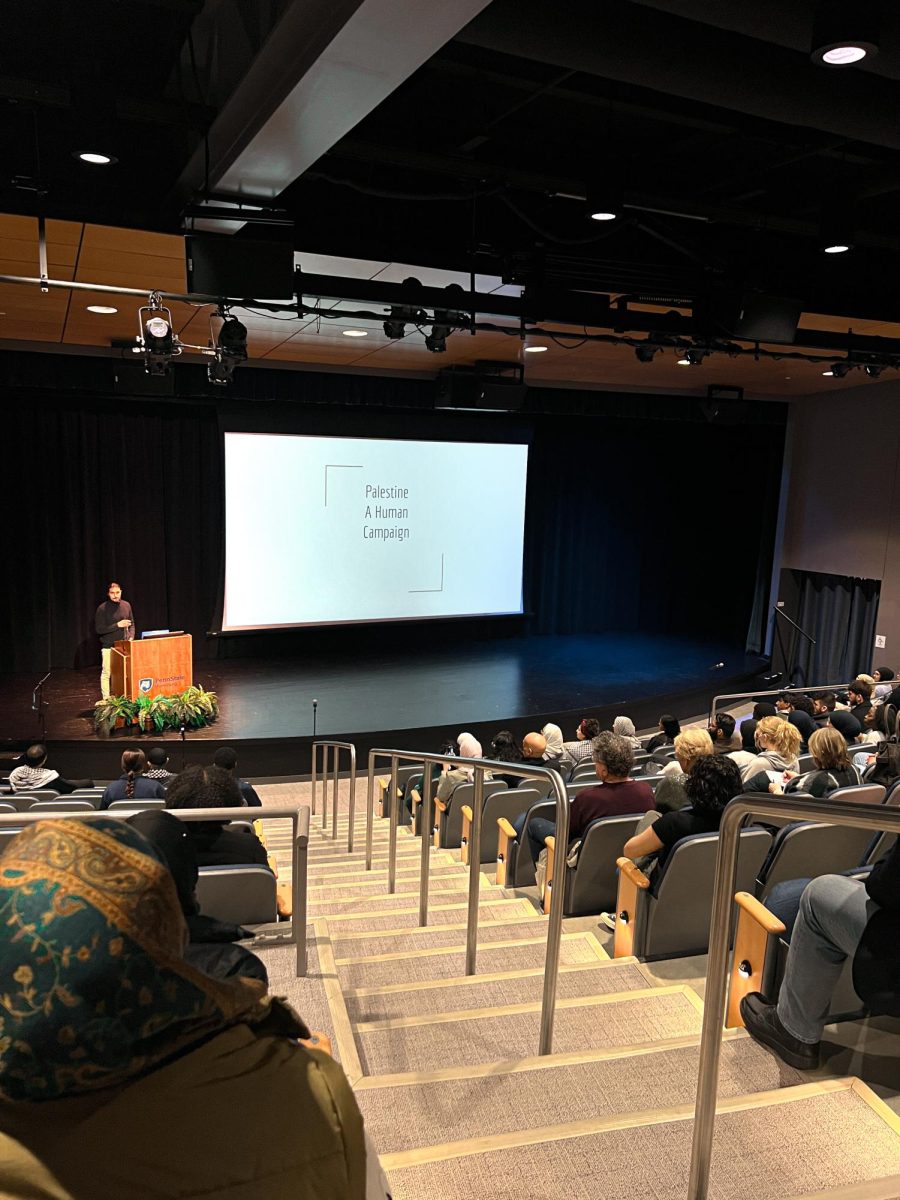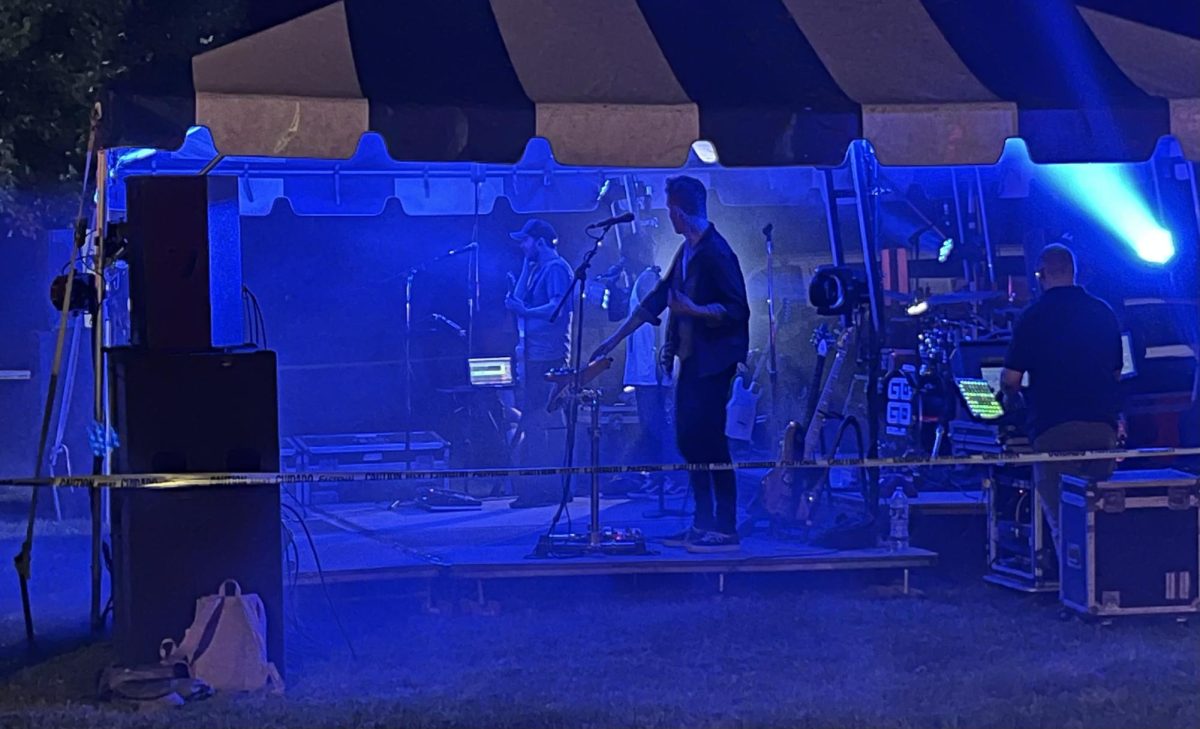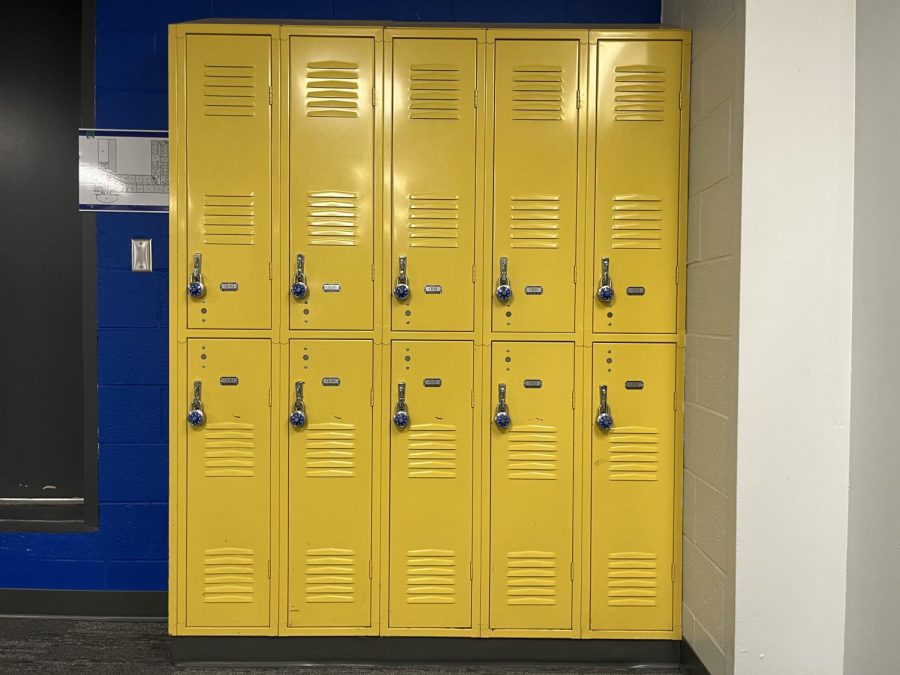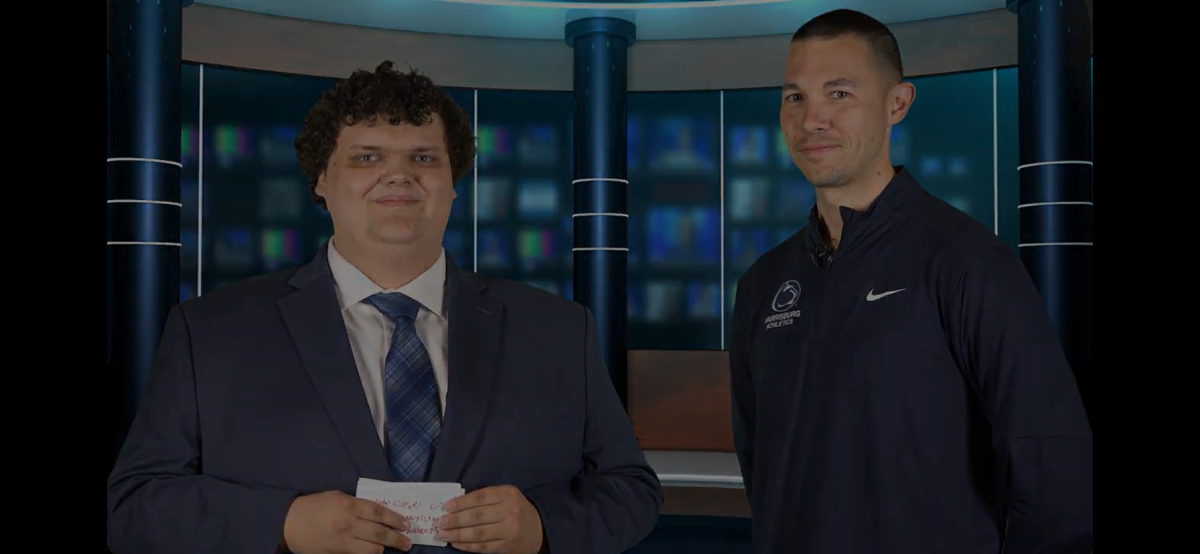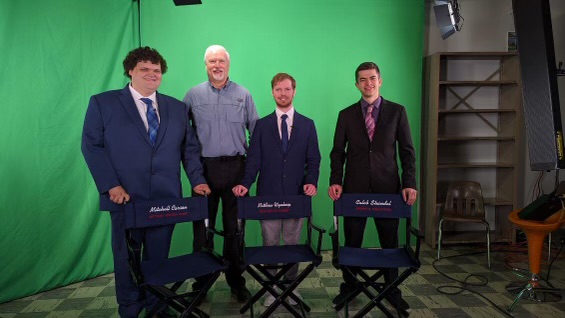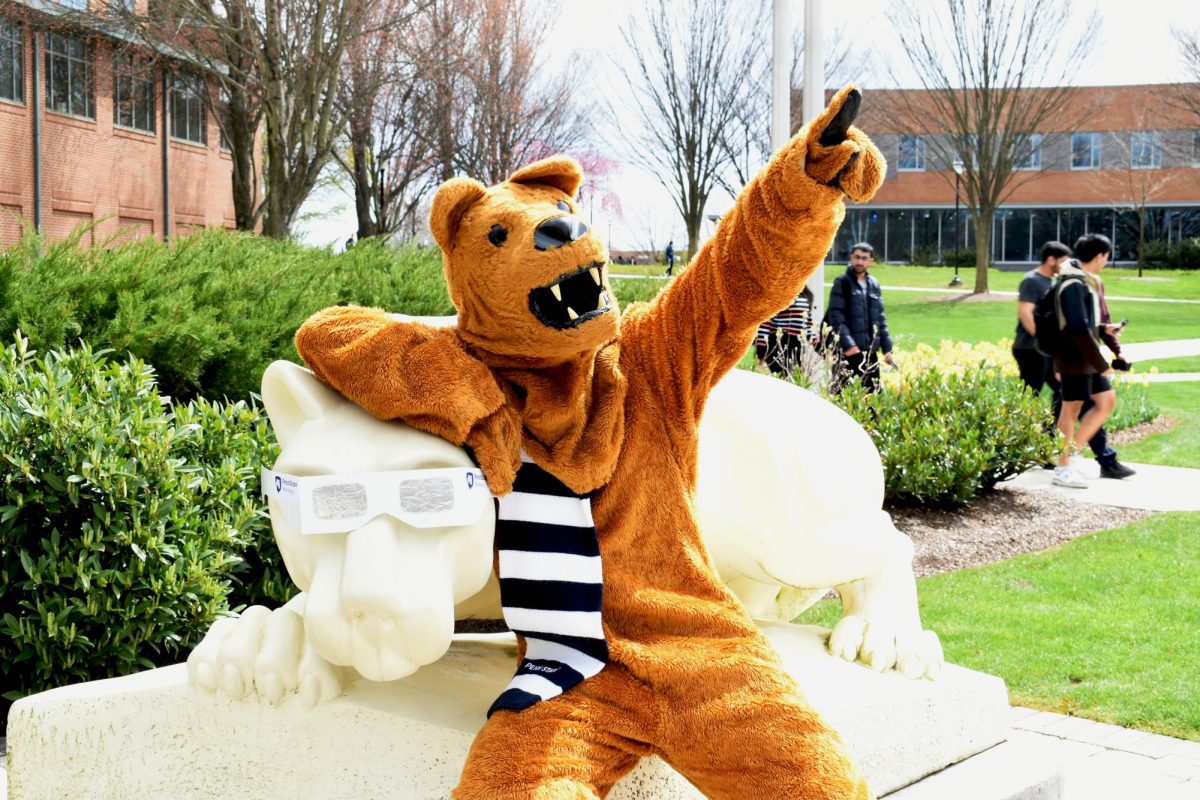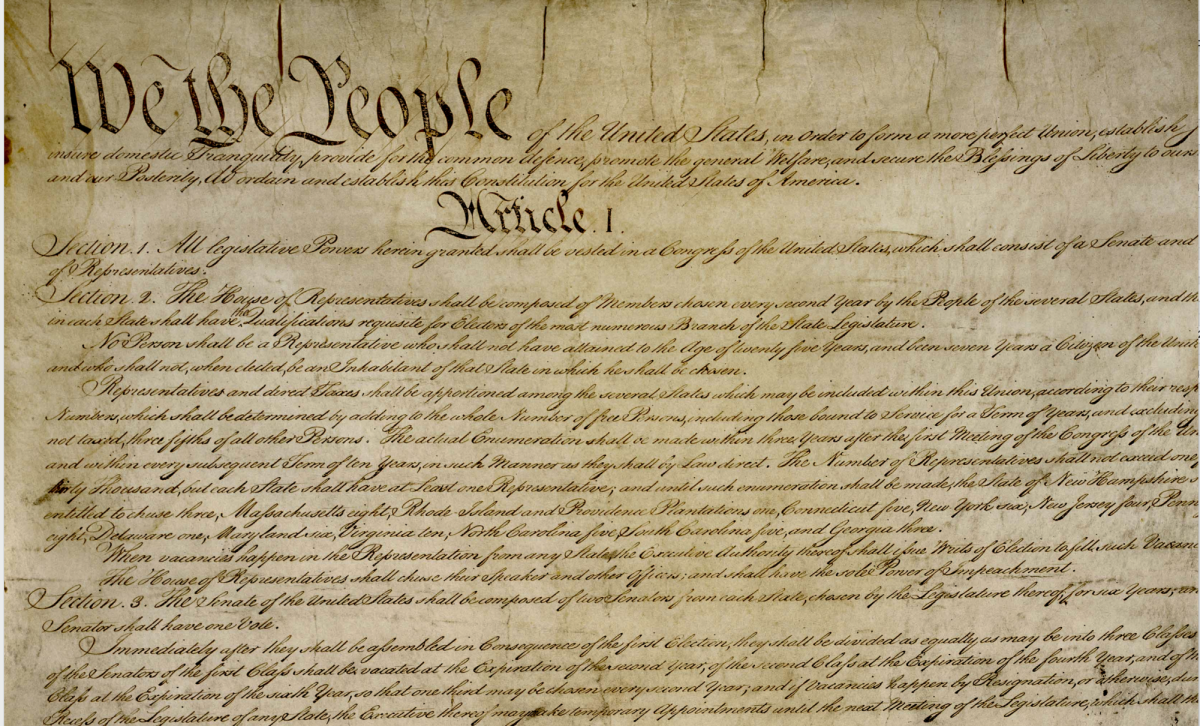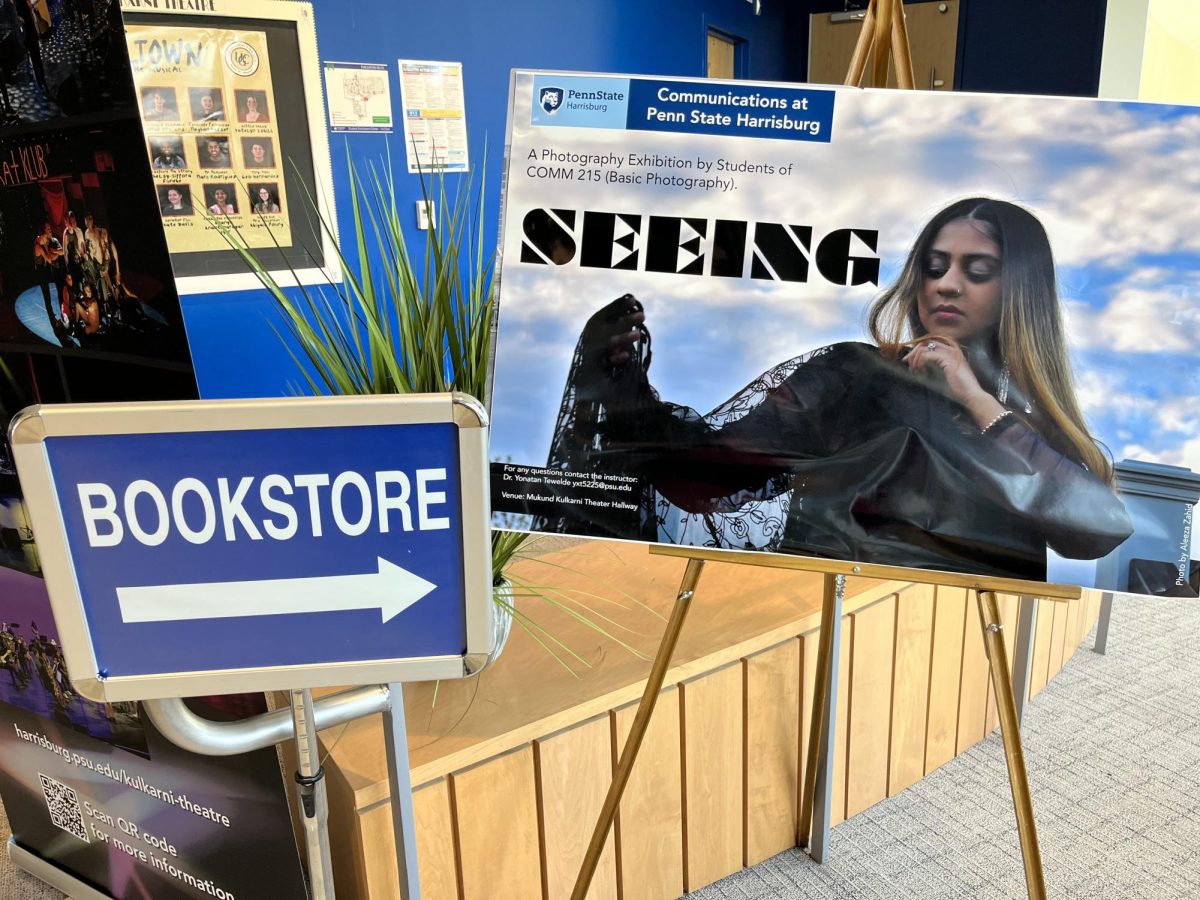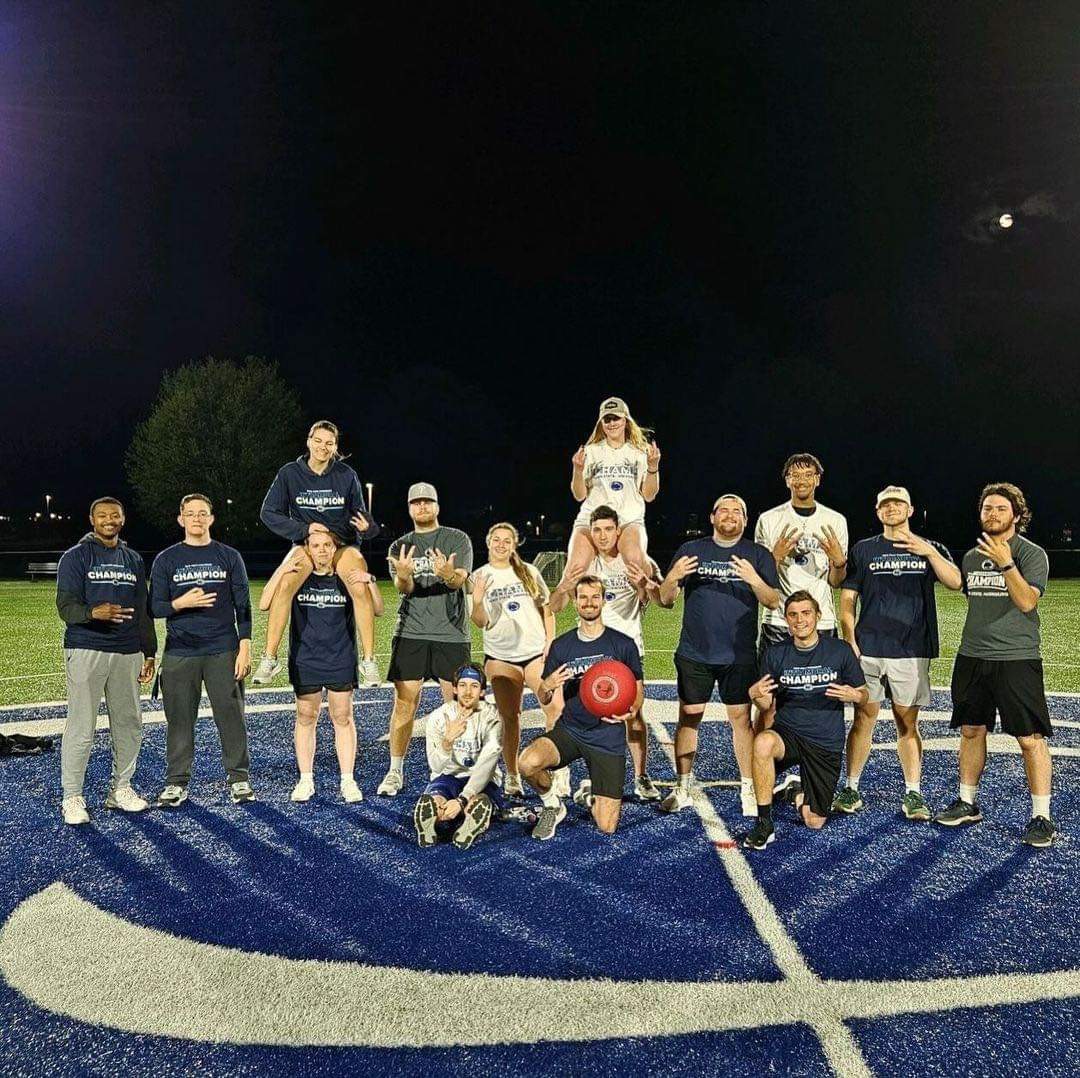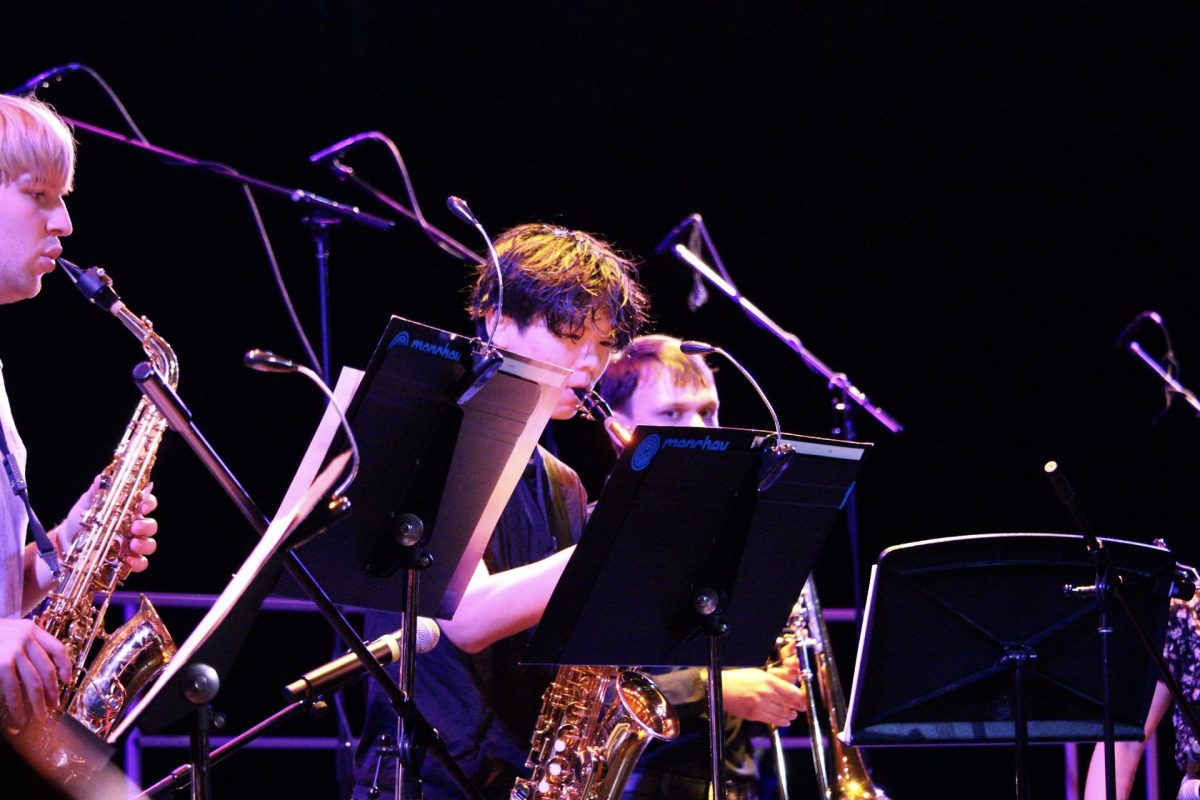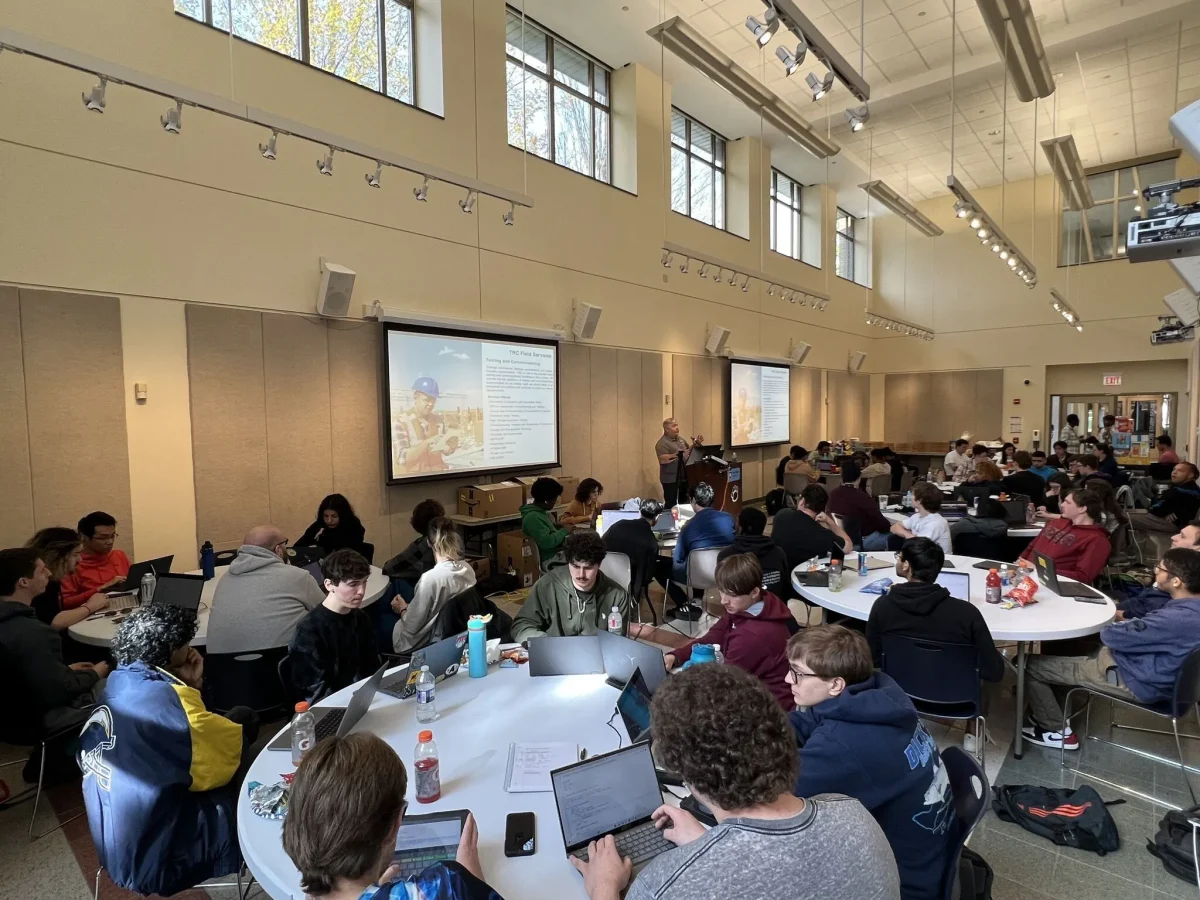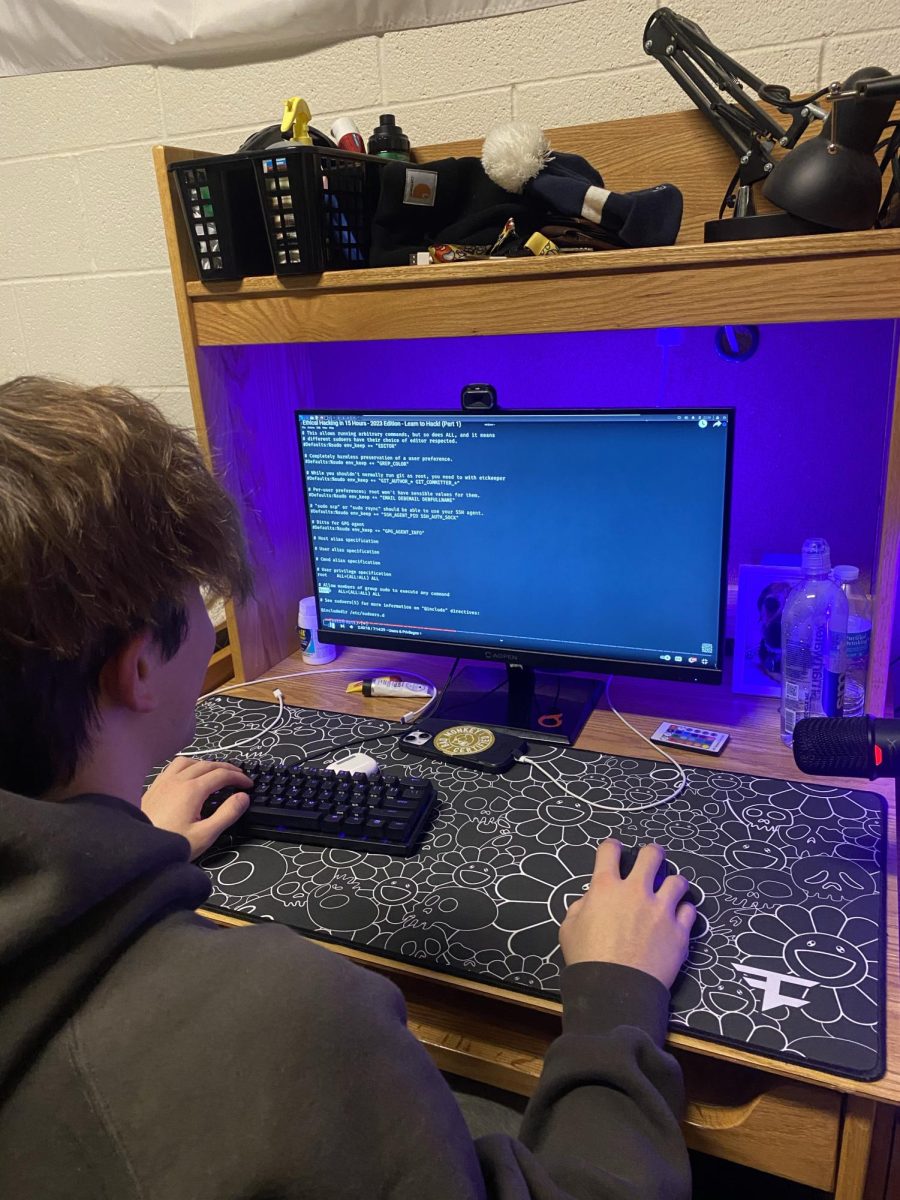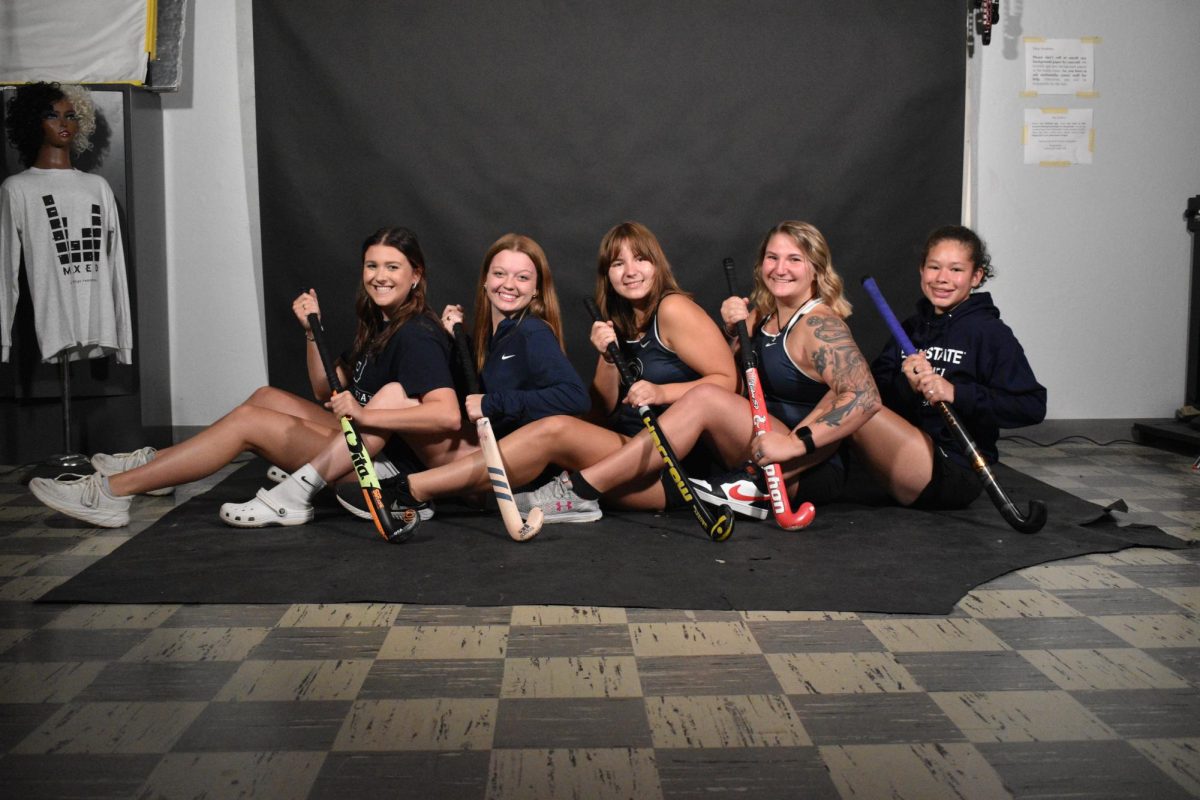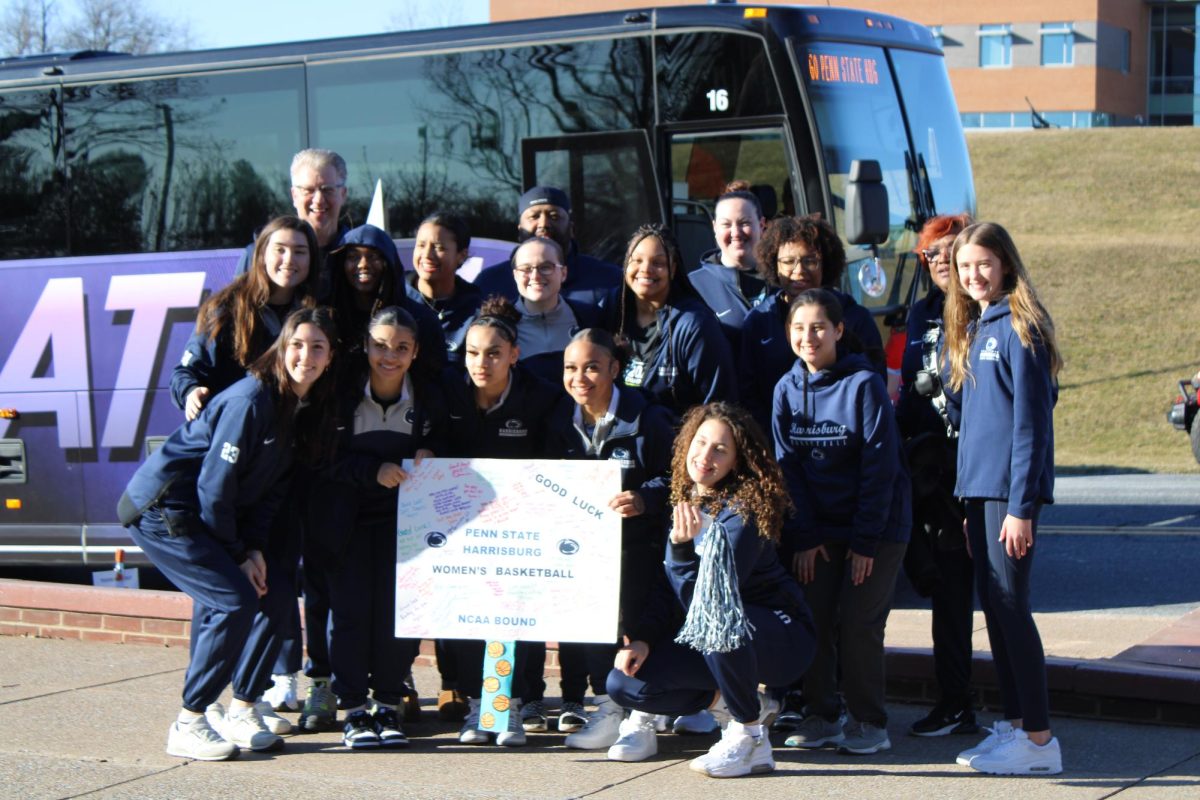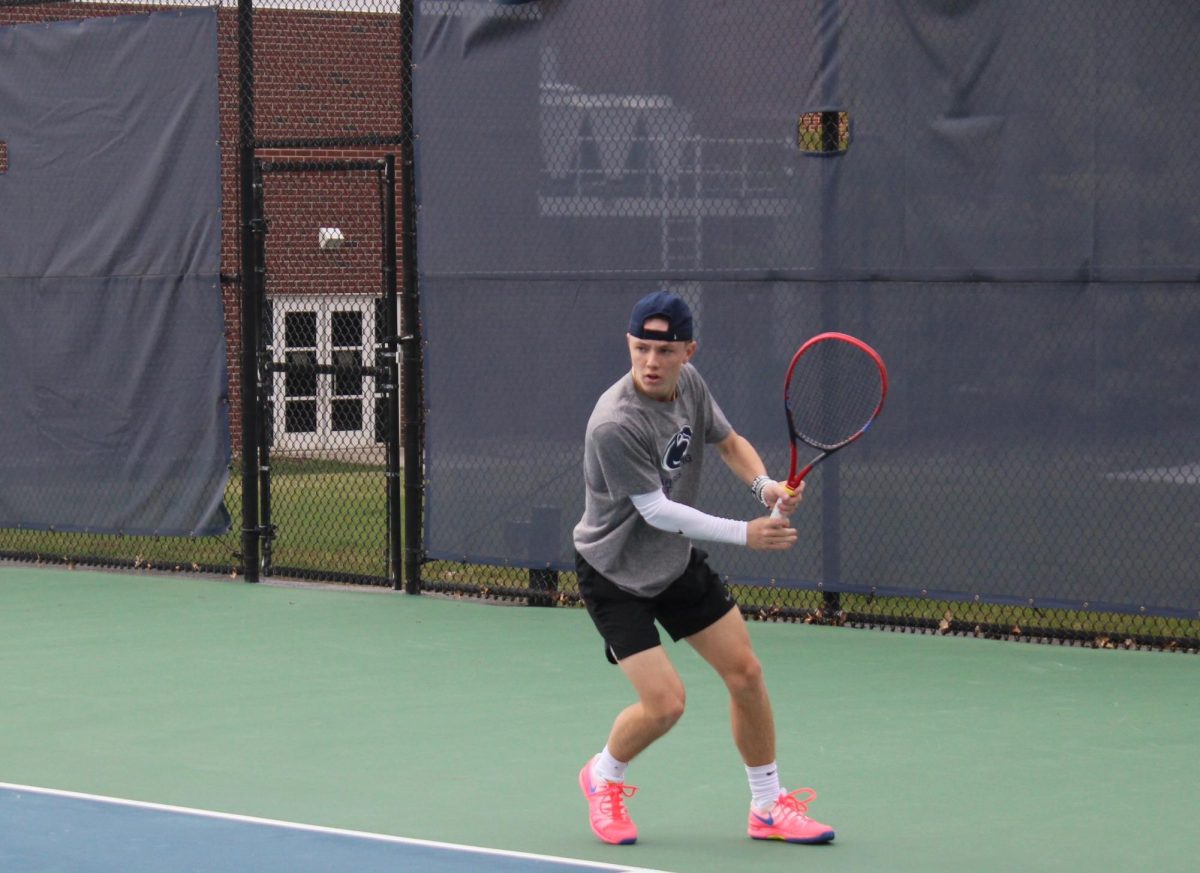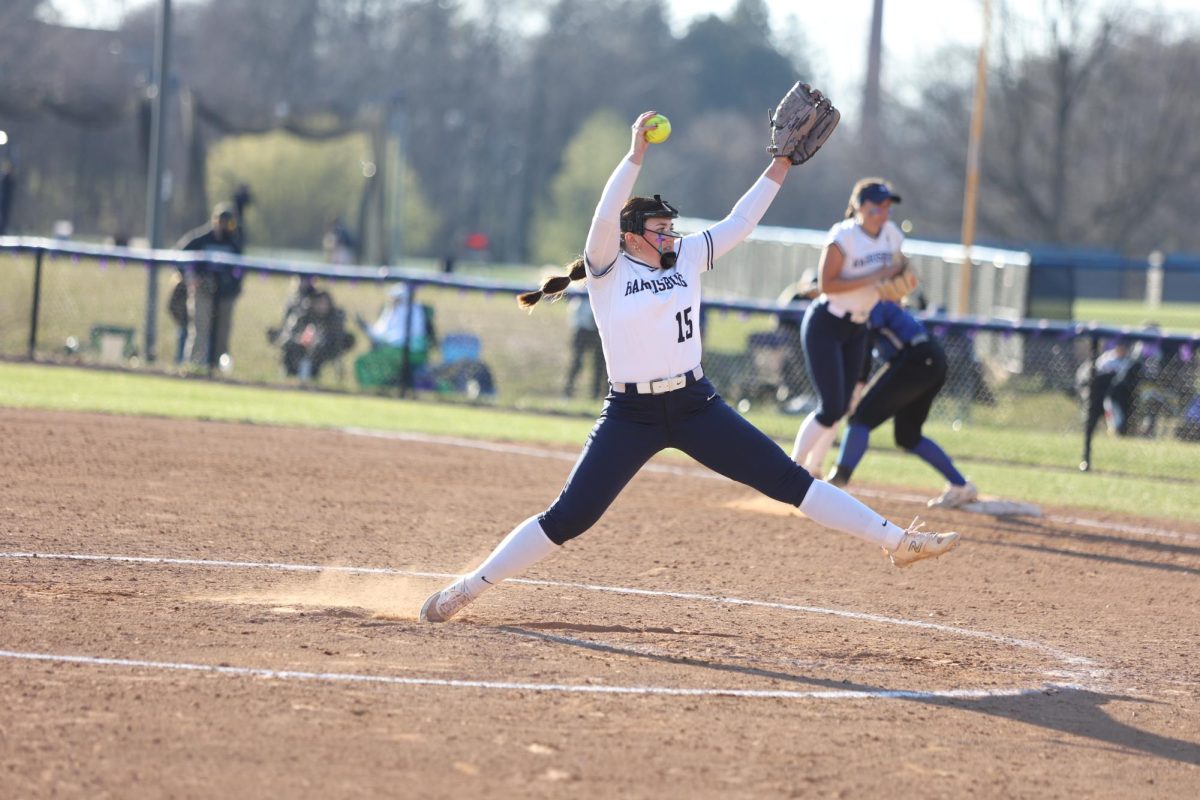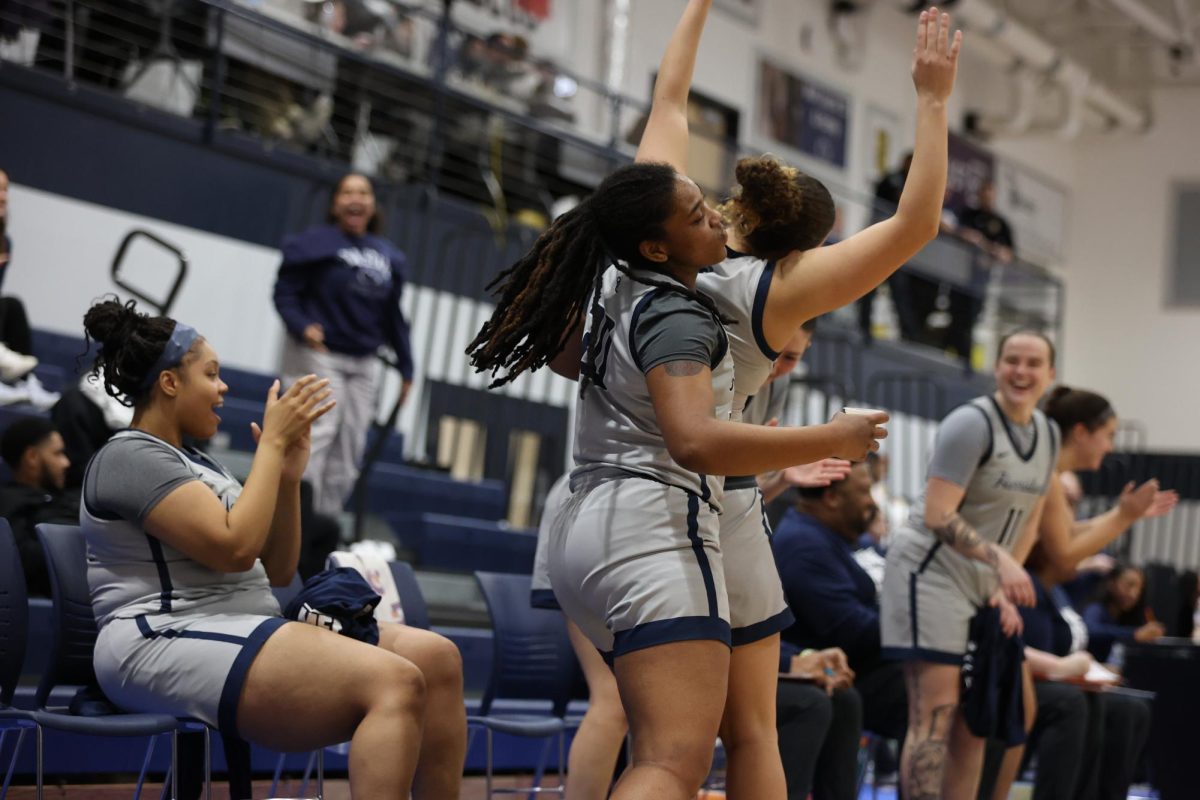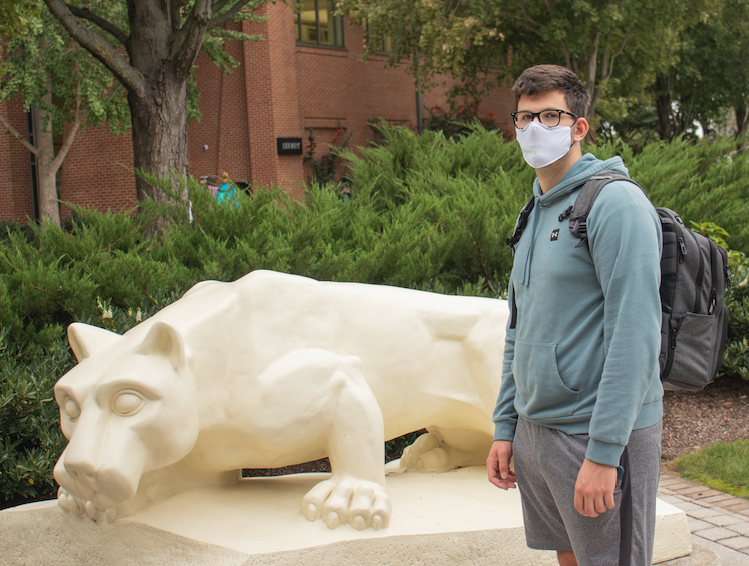Who Calls the Shot ?
Sean Scholes at PSH Nittany Lion,
February 13, 2022
On March 18, 2020, Sean Scholes, a second-year Civil Engineering major at Penn State Harrisburg had his educational journey, much like his peers, changed forever. On this day, The Penn State University elected to suspend all in-person education for the remainder of the spring 2020 academic semester.
It was just a normal day for all students alike. Scholes stated, “I was at home with my family watching the news when I got the word that I would not be returning to campus.”
After this, it was an all-out scramble for him to get prepared for this major change. Much like Scholes, the whole world was going through this transition, the transition to a “Zoom university,” he called it.
Online learning has negatively impacted students like Scholes and many in between. However, there is hope. With the approval of a vaccine that can combat the COVID-19 virus from the Food and Drug Association (FDA), this might be the one option that allows students back into the classroom. Yet, the question remains: who decides whether to mandate vaccines?
The Time Put into Vaccines
For hundreds of years, humans have used healing remedies to treat ailments and illnesses in the human body.
Vaccines, although a more recent way of treating illness, are something that is not new to patients, and the COVID vaccine is no exception to the rules.
According to the Connecticut Department of Health, the COVID vaccine is an mRNA vaccine, these are the same type of vaccines that have been used to help produce the Flu, Zika, and Rabies vaccines.
The COVID vaccine had its start in the years 2003 and 2012; this came with the discovery of SARS (Severe Acute Respiratory Syndrome) and MERS (Middle East Respiratory Syndrome. Both diseases, as reported by the Connecticut Department of Health, are closely related to the variant of Coronavirus that began the COVID pandemic.
However, for the COVID vaccine to become eligible for approval by the FDA, the vaccine must go through five phases before approval. The vaccine for SARS never made it past the first stage of FDA testing, and MERS only successfully made it past phase one of the FDA development processes.
Although there may have been failures within those two vaccine productions, those failures helped pave the way for increased research and testing. With the prior knowledge of these two diseases, vaccine production companies were able to, as stated by the Connecticut Department of Health, “begin designing the mRNA for the vaccine, which provides instructions for cells to build the unique spike protein for SARS-CoV-2,” or COVID.
Campus Cases, Vaccination Rate
According to the Penn State University COVID Dashboard, from the start of the Fall 2021 semester until Sept. 28, 2021, there have been 17,347 tests conducted on the Penn State Harrisburg campus. During this time of testing, there have been 34 positive COVID cases. In the same, 30-day period, during the Spring 2021 semester, there were 2,835 COVID tests conducted, and in these tests, there were 40 positive cases.
The difference between these two time periods is the vaccination rate.
At the time these two sets of data were pulled, February 2020, the Harrisburg campus at Penn State had a vaccination rate of zero, as the COVID vaccine had not been accepted by the FDA for use.
The number of fully vaccinated individuals on campus has grown since the start of the semester, as on August 23, 2021, the percent of students that were fully vaccinated was 51.1 percent and the employee rate was 74.2 percent. Now, the rate is 75.2 percent amoung students and 82.6 amoung employees.
Penn State University Policy
According to the Penn State University COVID policy, in-person learning took place in the Fall 2021 semester, “following Penn State’s standard (non-COVID) instructional modes,” however it comes with a stipulation.
Students and faculty, regardless of vaccination status, had to wear a mask. Vaccinated students, even if exposed to an individual with COVID, were not required to quarantine.
However, unvaccinated students had to take weekly tests to attend in-person lectures. If their test came back positive, they had to isolate.
Although everyone had to wear a mask on campus, the act of mandated testing may have been enough to prompt students to get vaccinated, according to Nurse Practitioner Stacey LaPine. She said, “Weekly testing can be viewed somewhat of an annoyance and may be used as a tactic to encourage students to get vaccinated.”
COVID Policy: Disciplinary Action
Currently, there will be significant disciplinary action toward those unvaccinated students who refuse to participate in the weekly COVID testing clinics.
According to the Penn State COVID Disciplinary Policy, those who have their first offense will be placed under a registration restriction, as well as receive an email stating that they will be referred to the Office of Student Conduct.
For the next offense, students will immediately be placed on registration restriction as well as instant referral to the Office of Student Conduct.
After a third offense, the student will be immediately placed on interim suspension. This entails that the student will no longer be allowed in any campus building, as well as if they live in on-campus housing they will be forced to vacate their housing unit.
Upon a negative COVID test, the student will be allowed to return; however, they will still face disciplinary action from the Office of Student Conduct upon their return. Any unvaccinated student who entirely refuses testing may face the consequence of “up to and including immediate suspension from the University,” according to the Penn State COVID Disciplinary Policy.
The Return
The return to normalcy is something that may not come easy students during COVID. However, one positive that has helped many students is the return to the classroom.
Scholes, who received his second dose of the COVID vaccine in August, was excited to return to class. “My grades, moral and motivation have gone up since returning to campus this fall for in-person learning,” Scholes said.
